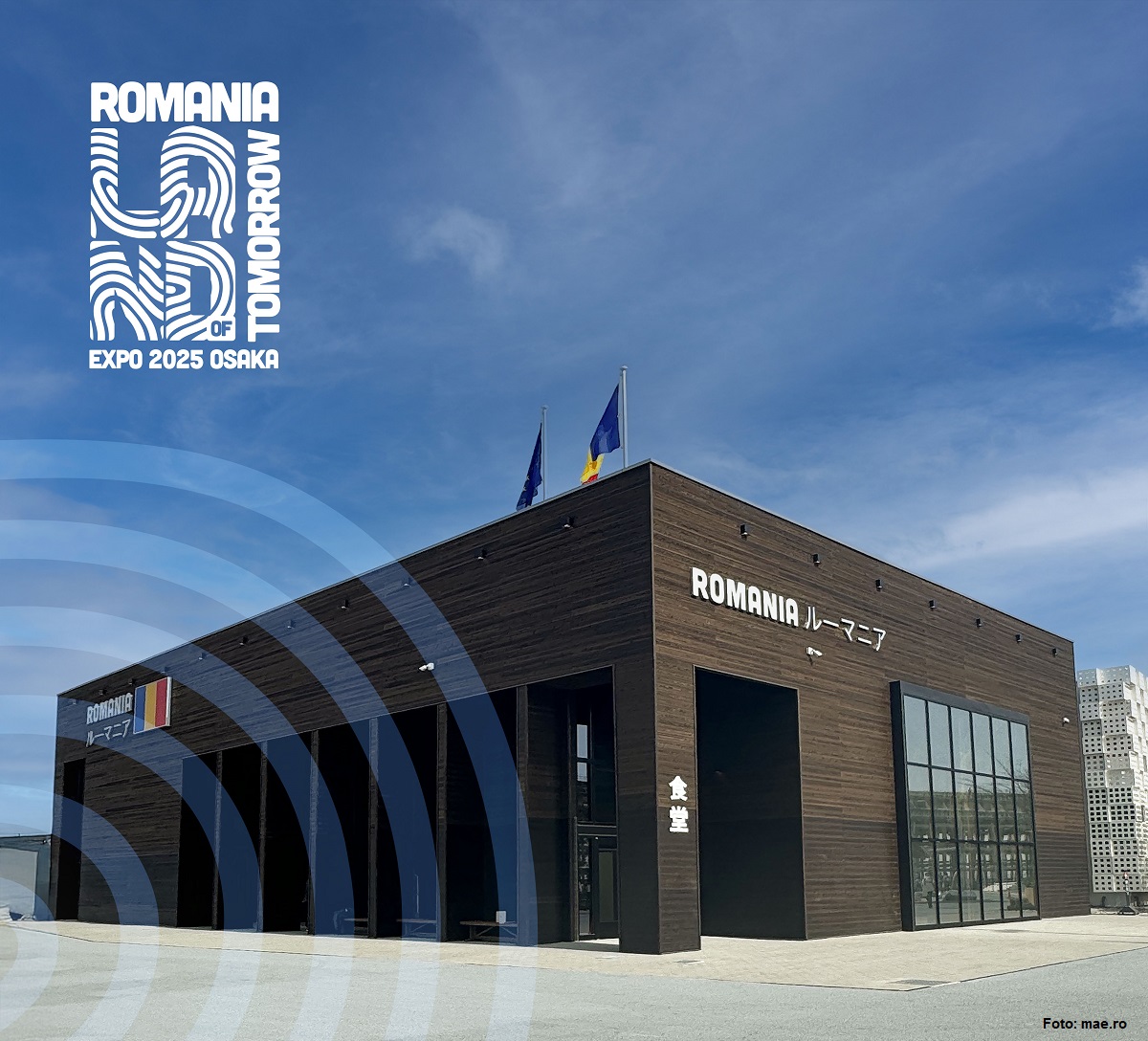Reactions to tax changes in Romania
Fiscal relaxation, in particular the cut in the VAT rate, risks bringing the budget deficit beyond the agreed level, fears the European Commission, an opinion the Romanian authorities do not share

Ştefan Stoica, 26.06.2015, 14:14
Hailed by the authorities as a means of consolidating consumption and economic growth, the fiscal relaxation introduced by Romanias new fiscal code has been received with reservations by the countrys international creditors. Talks on this subject were held again on Thursday, but the authorities failed to reach an agreement with the representatives of the European Commission in this respect. Finance Minister Eugen Teodorovici unsuccessfully tried to allay fears that the governments fiscal relaxation measures, in particular the cut in the VAT level from 24 to 19%, may push budget deficit for 2016 far over the agreed target. Eugen Teodorovici:
“We have this temporary rise in budget deficit under control. Judging by how things stand today, as a result of the new fiscal code, in 2016 we will have a maximum deficit level of 2.9%. However, by next autumn, when we prepare next years budget, we will be able to cut down unnecessary spending related to the administration and the economy in general without harming investments, so as to lower the budget deficit for 2016 to 2.5%.
According to the finance minister, the reduction in the VAT rate from 24 to 19% will not only stimulate consumption, but also create 100,000 new jobs. From the opposition, the Liberal MP and former finance minister Gheorghe Ialomitianu points out that while the budget figures put forward by the government may suggest that its fiscal relaxation measures are sustainable, the International Monetary Fund and the European Commission have challenged the governments budget return estimates for 2016. Ialomitianu says the VAT cut will cost the budget 3 billion euros. The Foreign Investors Council, however, has welcomed the new tax cuts introduced by the authorities. The Councils vice-president Daniel Anghel says many developed countries have differentiated VAT rates. In Romania, the VAT was very high, and the main problem was collection, says Daniel Anghel:
“Romania does not have a very good VAT collection rate. We only collect a little over 50% of the total estimated amount of VAT. We have welcomed, for example, the reduction in the VAT rate for food products to 9%. If we cut the VAT rate to 19%, we must make sure the measure is sustainable in the medium and long run. We would like fiscal policy and the fiscal environment to be as predictable and transparent as possible. What we dont want is to see a new change in the fiscal policy in one or two years time.
The matter will be discussed at a meeting of the EU Economic and Financial Affairs Council on the 14th of July.






























